 Summer break is a much-anticipated time for kids and teens, offering a reprieve from the rigors of the academic year. It’s a period of freedom, relaxation, and exploration. However, there are tremendous benefits of structured activities for kids during these months that can significantly impact their physical, mental, and emotional well-being. Ensuring that children and teenagers engage in positive, constructive activities is crucial for their overall development and happiness.
Summer break is a much-anticipated time for kids and teens, offering a reprieve from the rigors of the academic year. It’s a period of freedom, relaxation, and exploration. However, there are tremendous benefits of structured activities for kids during these months that can significantly impact their physical, mental, and emotional well-being. Ensuring that children and teenagers engage in positive, constructive activities is crucial for their overall development and happiness.
The Benefits of Structured Activities for Kids:
One of the most effective ways to ensure positive use of leisure time is through structured activities. These can range from summer camps and sports programs to music lessons and academic enrichment courses. Structured activities provide several benefits:
Skill Development: Participating in organized activities helps kids and teens develop new skills. Whether it’s learning to play an instrument, mastering a sport, or enhancing academic knowledge, these experiences contribute to their growth and confidence.
- Social Interaction: Structured programs often involve teamwork and collaboration, allowing young people to make new friends and build social skills. These interactions are vital for developing communication abilities and learning how to work effectively with others.
- Routine and Discipline: While summer is a time for relaxation, maintaining some level of routine is beneficial. Structured activities provide a sense of discipline and purpose, helping to prevent the aimlessness that can sometimes accompany long breaks.
- Physical Activity: Many structured activities, such as sports or outdoor camps, involve physical exercise. Regular physical activity is essential for maintaining a healthy body and mind, reducing the risk of obesity, and promoting overall well-being.
Encouraging Creativity and Imagination:
Unstructured leisure time, when used positively, can be just as valuable as structured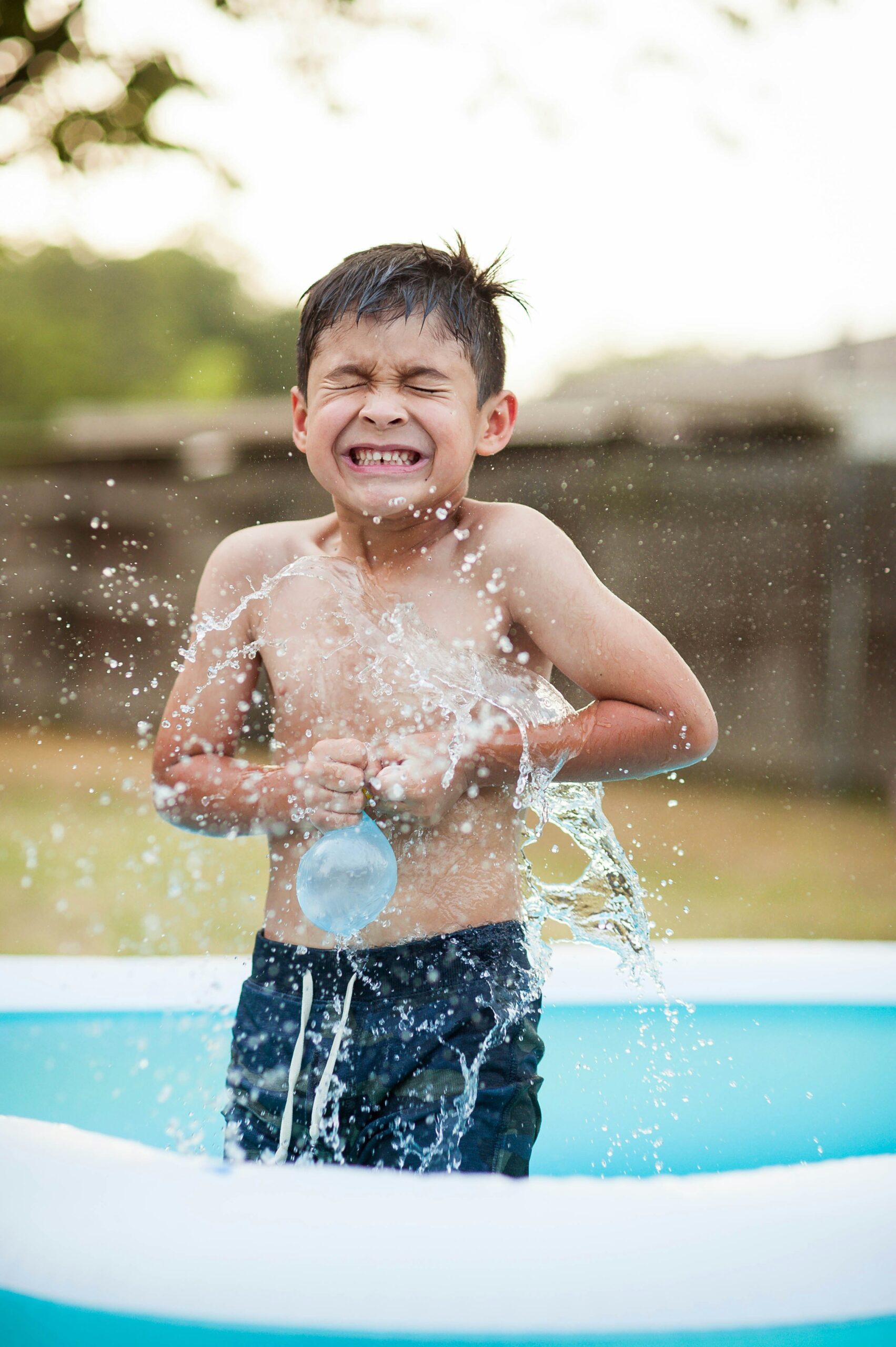 activities. Encouraging kids and teens to engage in creative and imaginative play can foster a range of cognitive and emotional benefits:
activities. Encouraging kids and teens to engage in creative and imaginative play can foster a range of cognitive and emotional benefits:
- Problem-Solving Skills: Activities such as building with LEGO, crafting, or imaginative play scenarios require kids to think critically and solve problems. These skills are transferable to many areas of life, including academic and future career challenges.
- Emotional Expression: Creative activities provide an outlet for emotions. Writing stories, drawing, or playing music allows young people to express their feelings and thoughts in a healthy way, promoting emotional intelligence.
- Independence and Initiative: When kids and teens have the freedom to choose their activities, they learn to take initiative and make decisions independently. This autonomy fosters a sense of responsibility and self-confidence.
The Role of Technology:
In today’s digital age, technology plays a significant role in the lives of young people. While there are concerns about excessive screen time, technology can also be used positively to enhance leisure time:
 Educational Resources: The internet offers a wealth of educational resources, from online courses and tutorials to virtual museum tours and educational games. These resources can supplement traditional learning and provide opportunities for intellectual growth during the summer break.
Educational Resources: The internet offers a wealth of educational resources, from online courses and tutorials to virtual museum tours and educational games. These resources can supplement traditional learning and provide opportunities for intellectual growth during the summer break.- Creative Expression: Digital tools allow for creative expression in new and exciting ways. Kids and teens can create digital art, edit videos, or compose music using various apps and software. These activities can be both fun and educational.
- Social Connection: Social media and online communication platforms enable young people to stay connected with friends and family, even when they are physically apart. Maintaining social connections is crucial for emotional well-being, especially during extended breaks from school.
Balancing Screen Time:

- Setting Boundaries: Establishing clear rules about when and how long screens can be used is crucial. For example, limiting screen time to certain hours of the day and encouraging breaks can help manage usage effectively.
- Promoting Active Play: Encourage outdoor activities and physical play. Going for a hike, playing sports, or simply spending time in nature can provide a healthy counterbalance to screen time.
- Engaging in Family Activities: Planning family activities that don’t involve screens can create meaningful bonding experiences. Board games, cooking together, or exploring new places as a family can be enjoyable and enriching.
The Importance of Downtime:
In addition to structured activities and creative pursuits, it’s essential to recognize the value of downtime. Unscheduled, free time allows kids and teens to relax, recharge, and reflect. Downtime is not wasted time; it’s a necessary component of a balanced life.
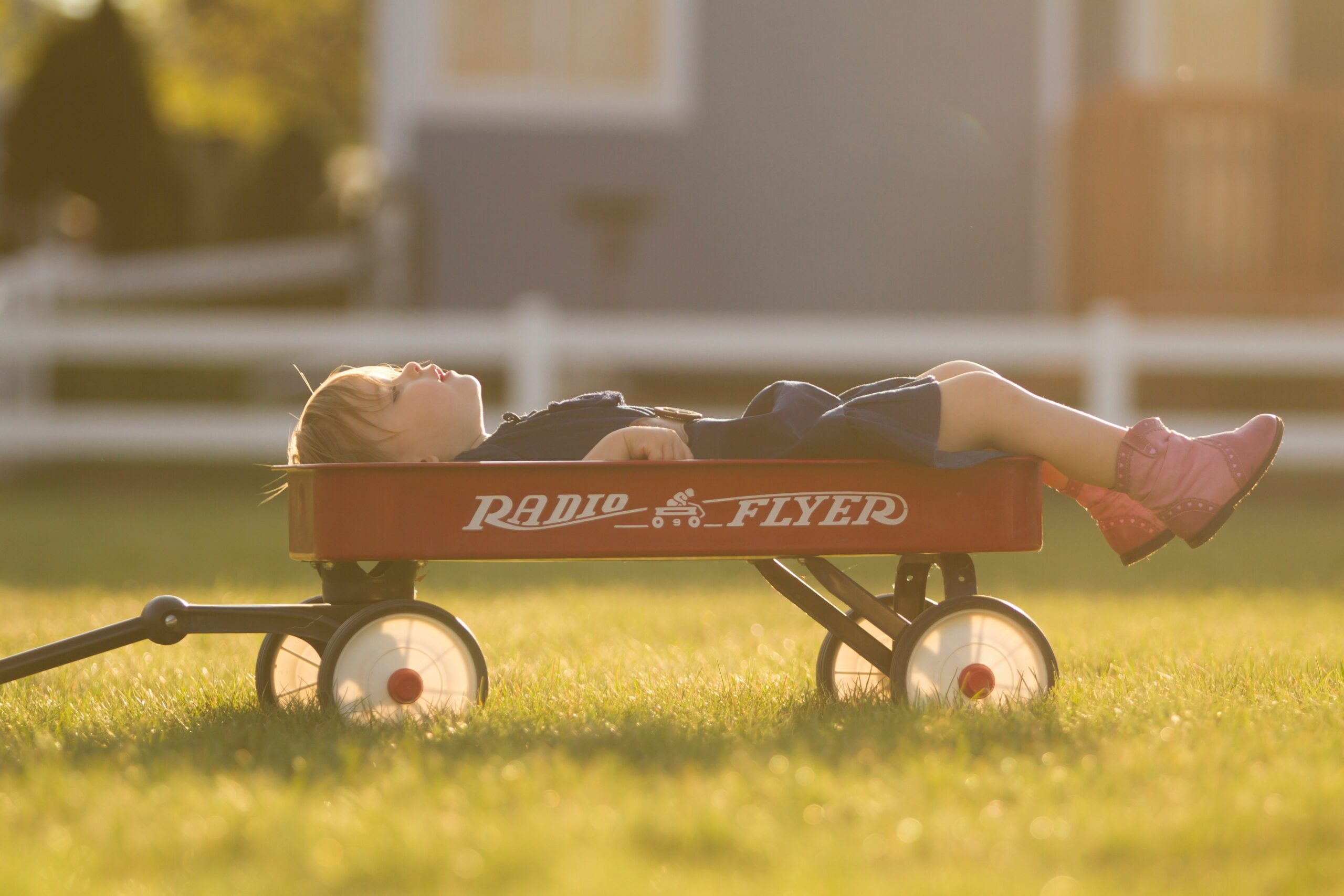 Rest and Recovery: After a busy school year, children and teens need time to rest and recover. Ensuring they have ample opportunity for sleep and relaxation is vital for their physical and mental health.
Rest and Recovery: After a busy school year, children and teens need time to rest and recover. Ensuring they have ample opportunity for sleep and relaxation is vital for their physical and mental health.- Mindfulness and Reflection: Quiet moments provide an opportunity for mindfulness and reflection. Activities such as reading, journaling, or simply daydreaming can help young people process their thoughts and emotions.
- Reducing Stress: Over-scheduling can lead to stress and burnout, even during the summer. Allowing kids and teens to have some unstructured time can reduce pressure and promote a sense of calm.
The Role of Parents and Guardians:
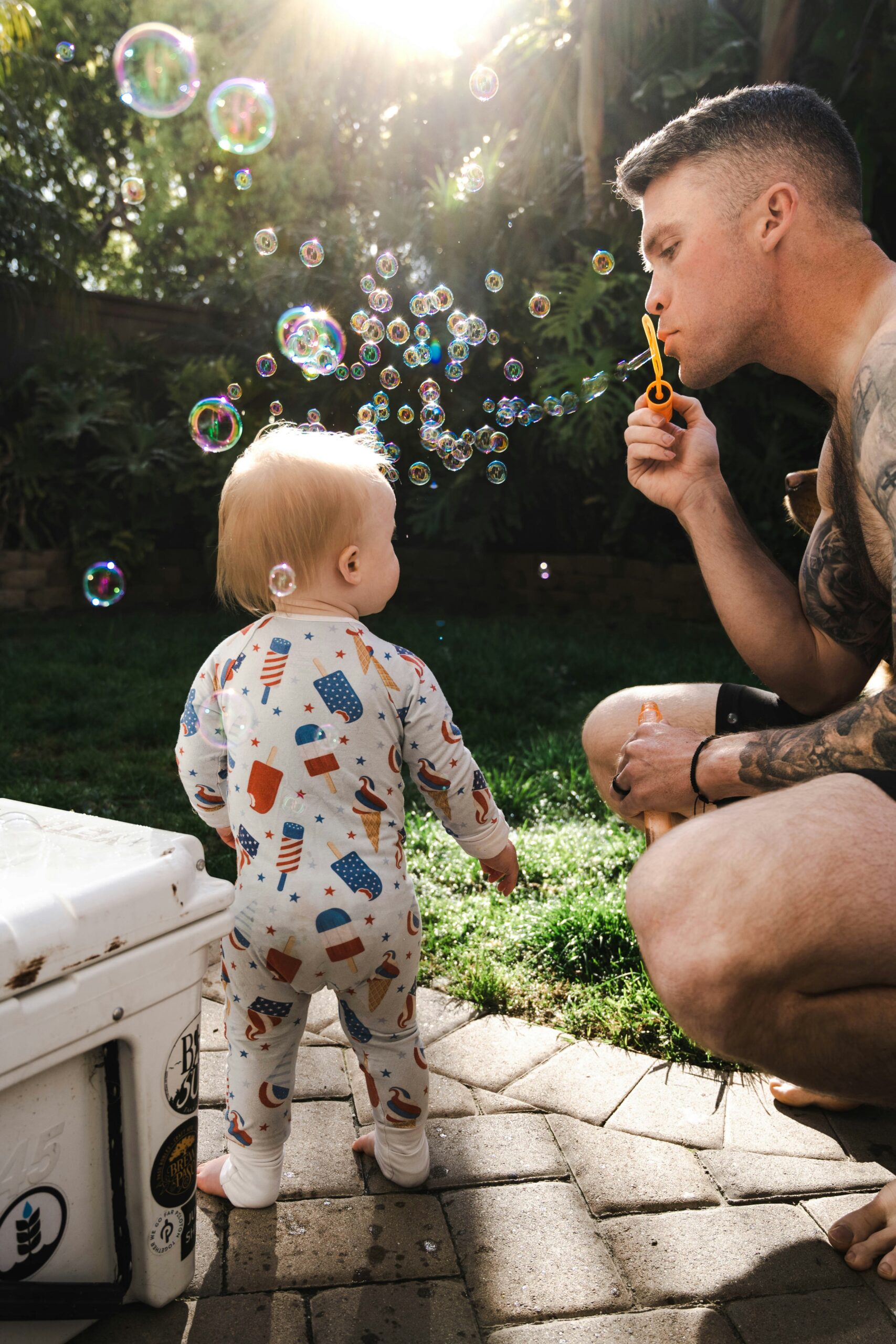 Parents and guardians play a crucial role in guiding the positive use of leisure time. By providing support, encouragement, and opportunities, they can help their children make the most of their summer break. To learn about how mindfulness preparation can help parents during the summer read more.
Parents and guardians play a crucial role in guiding the positive use of leisure time. By providing support, encouragement, and opportunities, they can help their children make the most of their summer break. To learn about how mindfulness preparation can help parents during the summer read more.
- Modeling Positive Behavior: Children often emulate the behavior of adults. By modeling positive leisure activities, such as reading, exercising, or engaging in hobbies, parents can set a good example for their children.
- Offering Choices: Giving kids and teens options for how to spend their time empowers them to take ownership of their activities. Providing a variety of choices, from camps and classes to unstructured playtime, allows them to explore their interests and passions.
- Providing Resources: Ensuring access to resources, such as books, art supplies, or sports equipment, supports children in pursuing their interests. Creating a conducive environment for learning and play is essential.
- Encouraging Balance: Helping children find a balance between structured activities, creative pursuits, and downtime is key. Encouraging a mix of these activities promotes well-rounded development.
Summer Activities:
The benefits of structured activities for kids in the summer will require patience and mindfulness. These have been some of my favorite summer activities/ideas over the years that I have done by myself, with family and with friends:
- Exploring Central Park
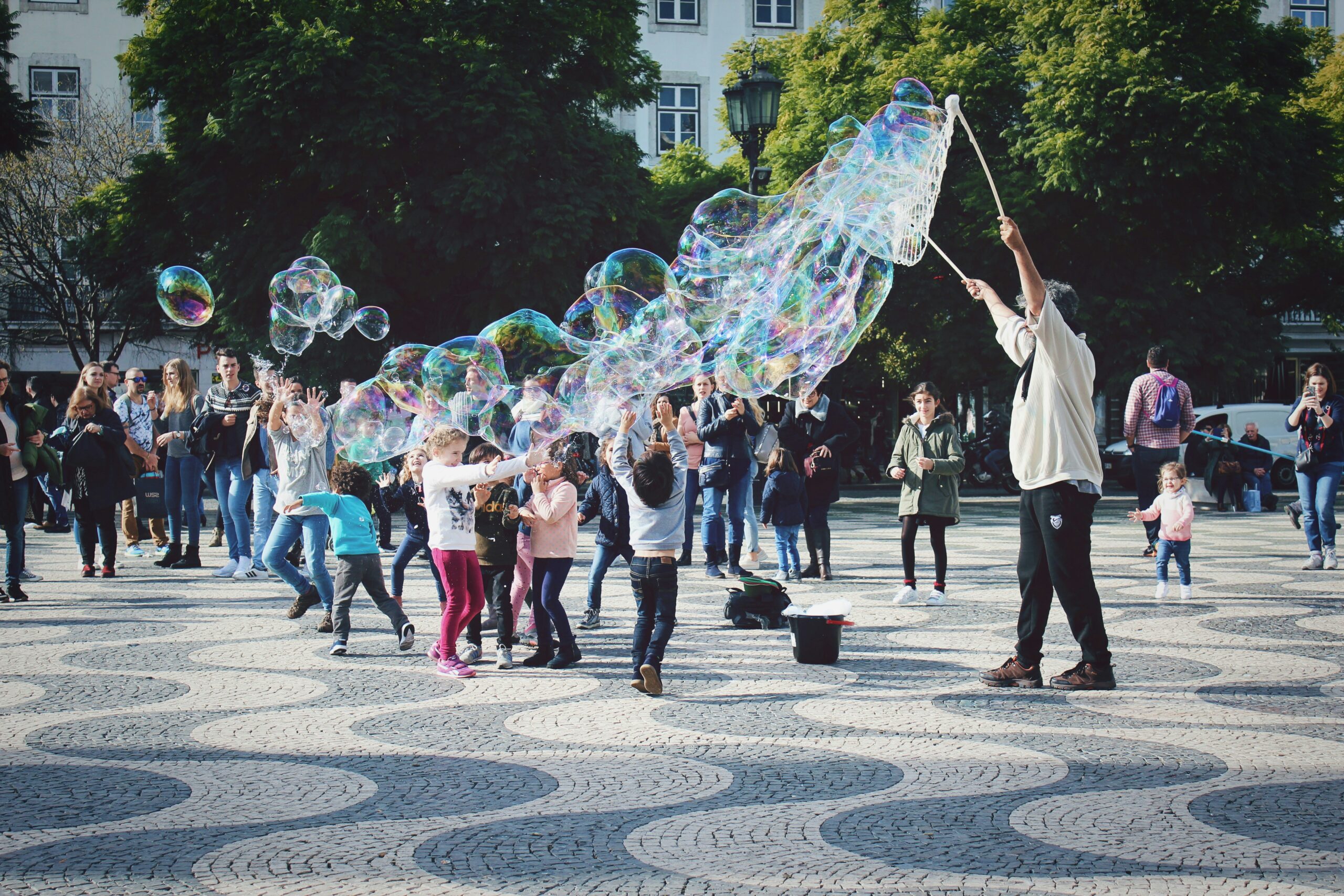
- Enjoying a beach day with family and friends.
- Enjoying a Concert or outdoor movie at City Parks.
- Going to local library with my grandmother as a child.
- Exploring the many animals at the Bronx Zoo.
- Learning about nature at the Botanical Gardens.
- Exploring local artwork on the different boroughs.
- Joining the festivities at the City’s Seasonal Street Fairs.
- Finding summer employment.
- Enjoying family vacations/Road Trips.
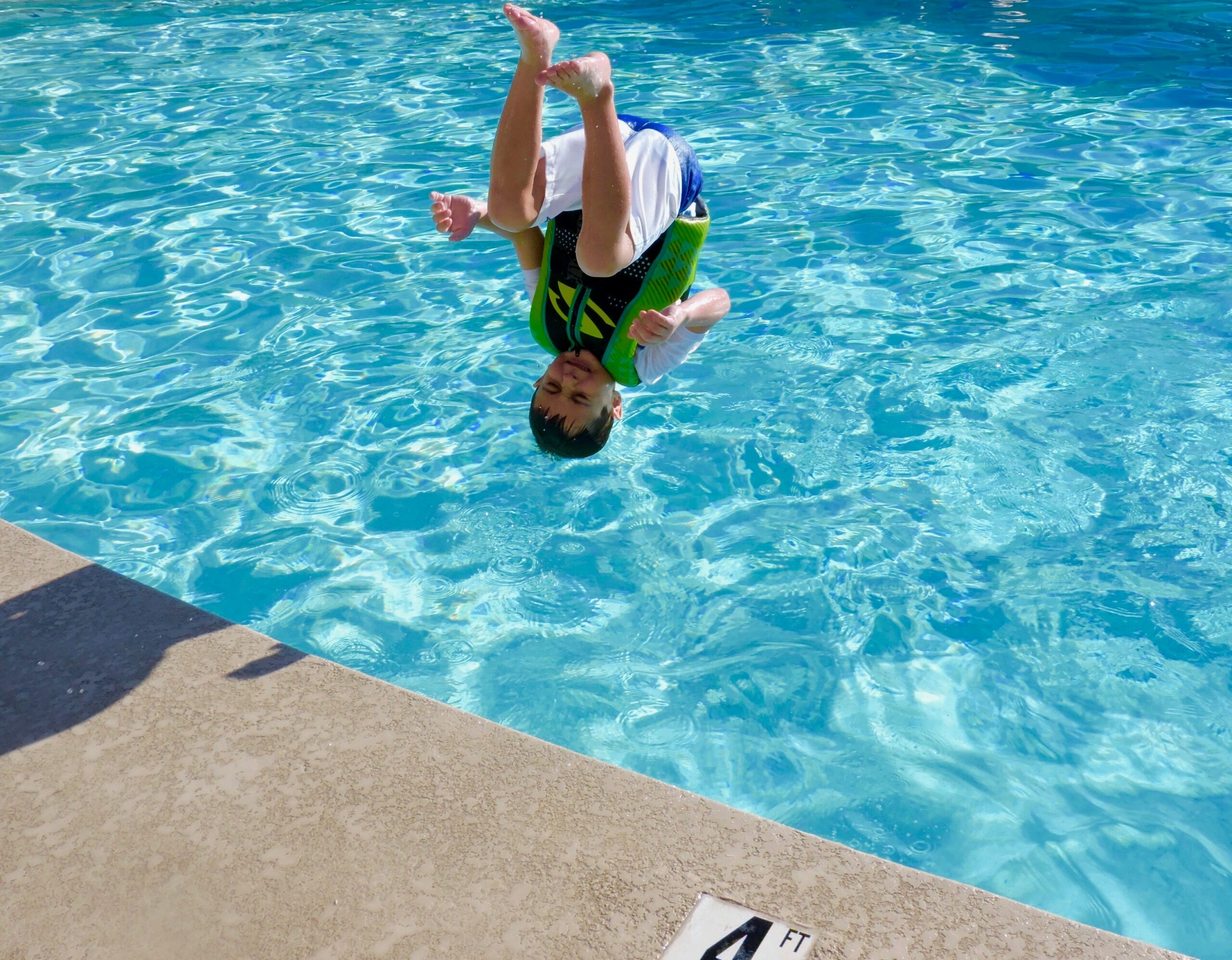 Summer break is a valuable time for kids to relax, explore, and grow. By promoting the benefits of structured activities for kids, parents and guardians can help their children develop new skills, build social connections, and maintain a healthy balance between activity and rest. Whether through structured programs, creative play, or mindful downtime, the experiences and habits formed during the summer can have a lasting impact on young people’s lives. Encouraging a positive and balanced approach to leisure time ensures that kids and teens return to school refreshed, enriched, and ready to tackle new challenges.
Summer break is a valuable time for kids to relax, explore, and grow. By promoting the benefits of structured activities for kids, parents and guardians can help their children develop new skills, build social connections, and maintain a healthy balance between activity and rest. Whether through structured programs, creative play, or mindful downtime, the experiences and habits formed during the summer can have a lasting impact on young people’s lives. Encouraging a positive and balanced approach to leisure time ensures that kids and teens return to school refreshed, enriched, and ready to tackle new challenges.
Explore Our Services at Bright Idea Counseling:
At Bright Idea Counseling, we offer a wide range of therapy services tailored to meet your unique needs. From individual and family therapy to specialized programs for stress management and mental health, our experienced team is here to support you every step of the way.
To learn more about how we can help you and your loved ones, click the link below.
Discover the Support Your Family Deserves:
At Bright Idea Counseling, we understand that every family faces unique challenges and stresses. Whether you’re navigating the ups and downs of daily life or encountering more complex issues, our dedicated team is here to help.
Don’t face these challenges alone. Reach out to us today to learn more about our personalized therapy services and see how we can support your family’s journey toward well-being and harmony. Contact us now to schedule a consultation and take the first step towards a brighter tomorrow with Bright Idea Counseling.



